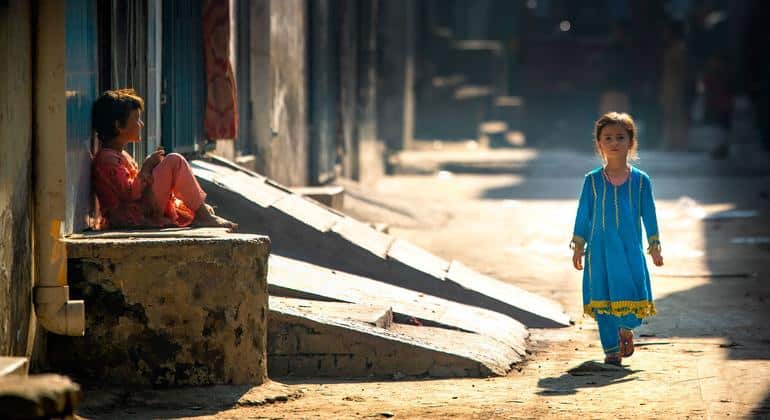More than half of the children under 18 worldwide experience corporal punishment annually, reveals an alarming report from the World Health Organization (WHO). This practice, which ranges from physical hits to other corrective methods imposed by parents, caregivers, or teachers, aims to inflict some type of discomfort both at home and in public settings like schools.
The impact of corporal punishment is deeply concerning. It increases the risk of anxiety and depression in children and hinders their cognitive and socio-emotional development. Etienne Krug, director of the WHO’s Department of Social Determinants of Health, emphasized that this form of discipline offers no benefits to children’s behavior, development, or well-being, nor to parents or society at large.
Research conducted over the past few decades indicates that corporal punishment not only lacks positive effects but also leads to negative long-term consequences. An analysis of 49 low- and middle-income countries revealed that children who experience physical punishment are 24% less likely to progress at the same rate as their peers. Additionally, this type of discipline raises stress hormone levels, which can disrupt brain function and leave lasting effects on children’s lives.
From a social perspective, children who are physically punished tend to repeat this behavior with their own generations, perpetuating an intergenerational cycle of violence. Moreover, adults who suffered punishment in childhood often develop aggressive and delinquent behaviors.
Statistics show regional disparities in the prevalence of corporal punishment. In Europe and Central Asia, around 41% of children are subjected to this type of discipline, while in the Middle East and North Africa, the figure rises to 75%. In the school context, only 25% of children in the Western Pacific experience physical punishment, compared to over 70% in Africa and Central America. Although both girls and boys are affected nearly equally, children with disabilities face a significantly higher risk.
The report highlights that, while 67 countries have banned physical punishment, this measure alone has not proven sufficient. No clear relationship has been found between legal prohibition and a decrease in practice. The WHO suggests that laws should be complemented by educational campaigns that raise awareness about the risks of corporal punishment. If parents had access to information about more effective alternative methods, they would likely adopt them.
The message is clear: it is essential to eradicate this harmful practice to ensure that children can thrive in a safe and healthy environment both at home and in their schools.
Referrer: MiMub in Spanish











